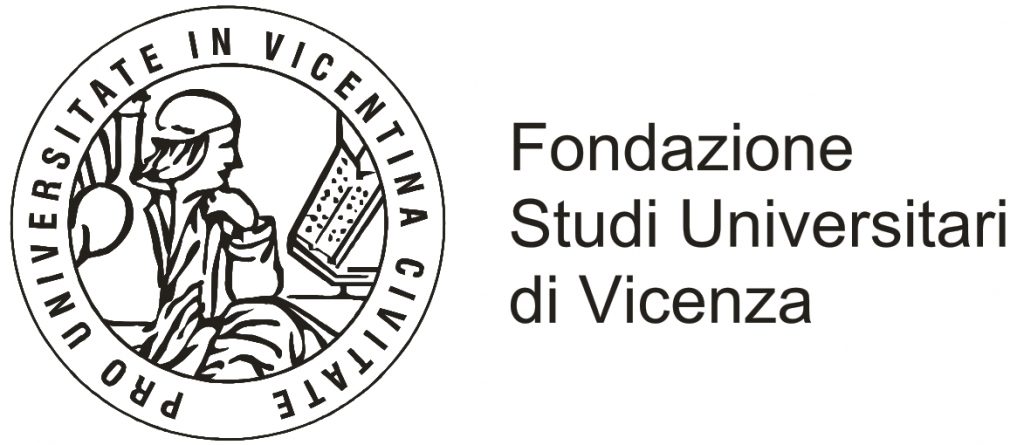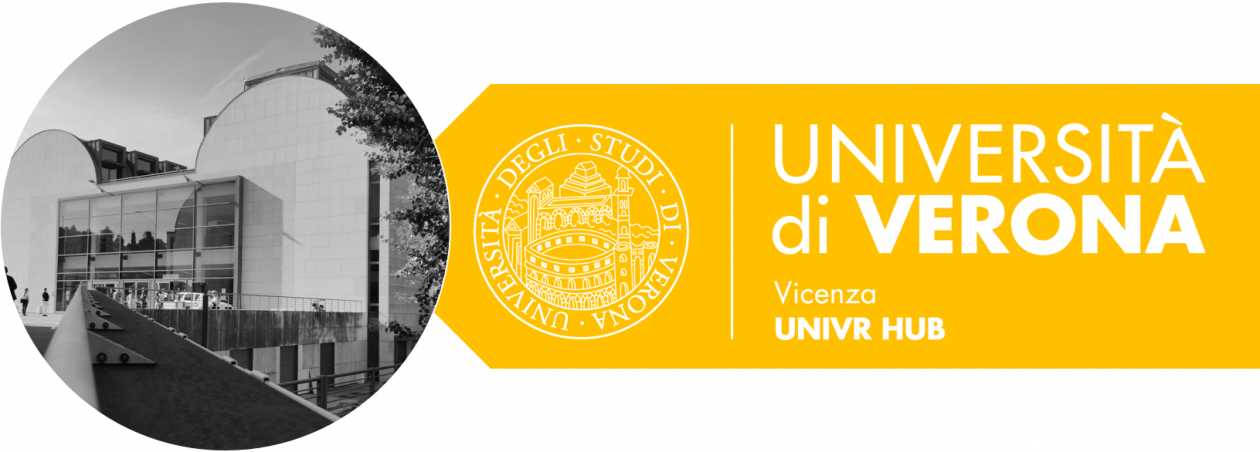



European Risk Research Network (ERRN)
Webinar
“Risk and Risk Management in Diverse Settings”
September 24th, 2020 – 3 pm (GMT+2)
Zoom platform
Guest speakers and contributions:
Authors:
Axel Daniel Lantzsch, Hochschule für Technik und Wirtschaft Berlin, Germany
Thomas Henschel, Hochschule für Technik und Wirtschaft Berlin, Germany
Abstract:
This study aims to highlight the contribution of enterprise risk management (ERM) on financial performance to small and medium-sized enterprises (SMEs). For measuring the ERM sophistication, we developed a new and comprehensive scoring approach. Due to the author’s best knowledge, this is a new and innovative way to determine the risk management sophistication in SME and its implications on the company’s performance. For exploring the risk management performance relationship we developed a structural equation model to measure the risk management sophistication and its interaction with the firm’s financial performance. The paper also offers a new theoretical research framework which can be used by other researchers to study the risk management sophistication of SMEs in a comprehensive manner. Finally, the study provides some support for SME consultants on how to evaluate SMEs’ risk management efforts and tailor risk management training to the SME’s particular needs.
Authors:
Mark Beasley, Department of Accounting, Poole College of Management, North Carolina State University, US
Bruce Branson, Department of Accounting, Poole College of Management, North Carolina State University, US
Evelyn Braumann, School of Business and Social Sciences, Department of Economics and Business Economics, Aarhus University, Denmark
Don Pagach, Department of Accounting, Poole College of Management, North Carolina State University, US
Abstract:
We examine how organizational culture affects ERM sophistication. We find that organizations whose leaders demand enhanced risk oversight and organizations perceiving pressure from external parties to improve ERM, have significantly higher levels of ERM sophistication than those without similar demands or pressures. When there are perceived constraints on resources to support more advanced risk oversight or when there are perceptions that ERM may not add value, ERM processes are significantly less sophisticated. When the prevailing attitude among organizational leaders is risk-seeking, the level of ERM sophistication is significantly lower than in risk-averse organizations. Furthermore, the extent of perceived resource constraints dampens the impact of internal demands from top leadership and perceptions about the value proposition of ERM lower the impact of perceived external pressures for more ERM sophistication. Our findings suggest that cultural factors explain differences in risk oversight effectiveness.
Authors:
Anthony Devine, Newcastle Business School, Faculty of Business and Law, Northumbria University, UK
Philip Shrives, Newcastle Business School, Faculty of Business and Law, Northumbria University, UK
Abstract:
The Covid-19 pandemic has hugely affected the day-to-day lives of many people in most countries around the world. Towards the end of March 2020 employees from big 4 firms (in common with most other businesses across the country) were asked to work from home. We interview (typically) recent recruits working in the area of audit, tax and accounting in the UK, to discuss their experiences and to examine how they coped with the different challenges faced. We highlight key issues and discuss the lessons that can be learnt. Inevitably we also raise questions about the future of work. Will the experiences under Covid-19 change the pattern of working forever?
Registration to the Webinar is free.
Upon registration you will receive the link to the Zoom meeting.
For further information: info.errn2020@ateneo.univr.it
ERRN Scientific Committee
Philip Linsley, The University of York (ERRN Coordinator)
Philip Shrives, Northumbria University
Cristina Florio, University of Verona (ERRN Webinar Organizer)
Monika Wieczorek-Kosmala, University of Economics in Katowice
Shraddha Verma, The Open University
